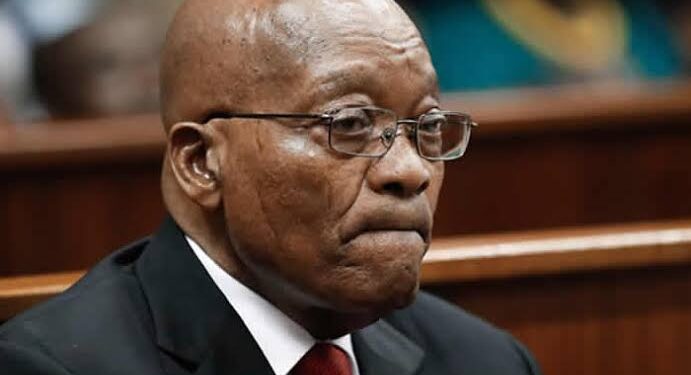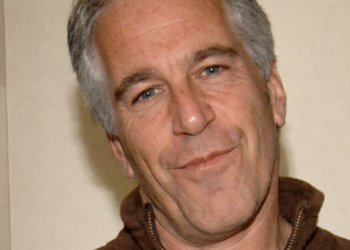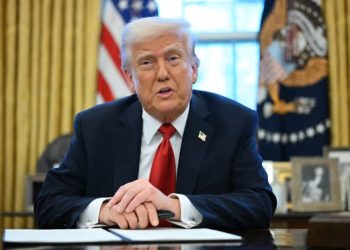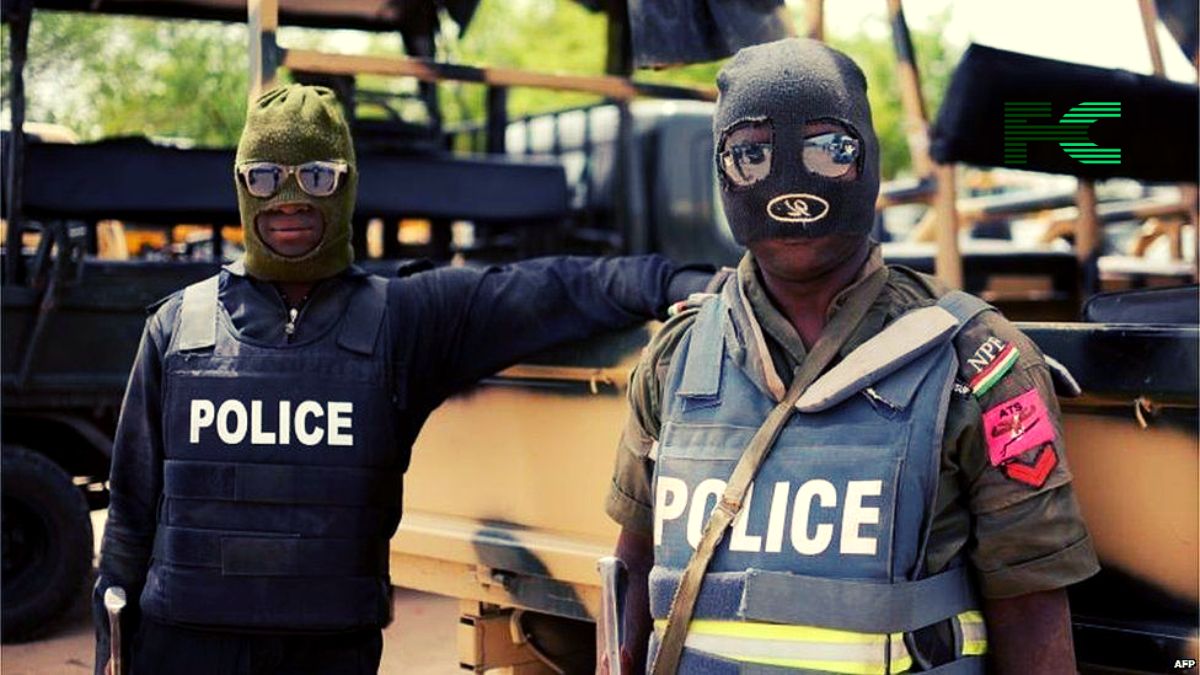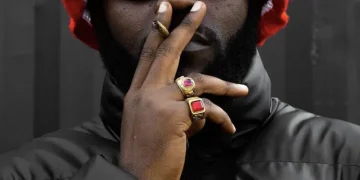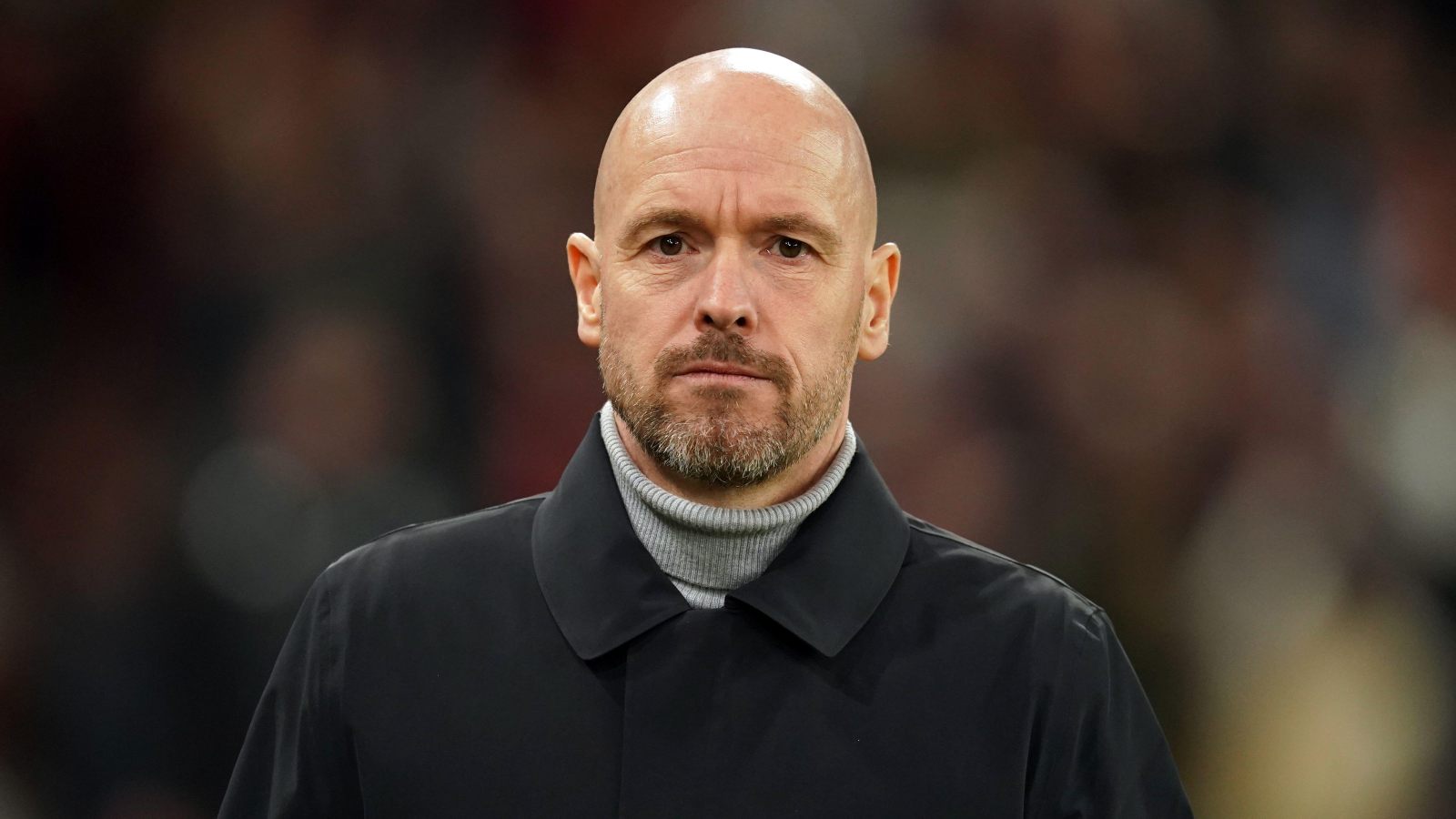Just when you thought South African politics couldn’t get any more dramatic, Jacob Zuma is back in the spotlight, and it’s as controversial as ever. The former president, who was ousted in 2018, is once again causing a stir. This time, it’s due to a constitutional court ruling that bars him from running for parliament in the upcoming election. The ruling, handed down on Monday, is set to shake up the political landscape and might just spark some chaos among his fervent supporters.
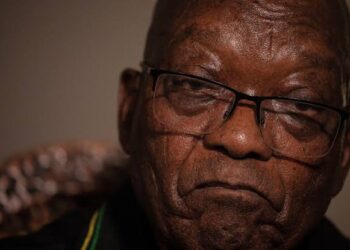
What They Are Saying
The court’s decision hinges on Zuma’s 15-month jail sentence for contempt of court back in 2021. According to the constitution, anyone sentenced to 12 months or more is ineligible to hold a parliamentary seat. The court’s ruling was crystal clear: “It is declared that Mr. Zuma was convicted of an offence and sentenced to more than 12 months’ imprisonment… and is accordingly not eligible to be a member of, and not qualified to stand for election to, the National Assembly.”
Why It Matters
But Zuma, ever the political survivor, isn’t going quietly into the night. Since his fall from grace, he’s been rallying support for his new political outfit, uMkhonto we Sizwe (MK), named after the ANC’s former armed wing. Despite the ruling, Zuma’s face will still adorn the ballots as the leader of MK, thanks to some legal wrangling and a bit of electoral commission confusion.
The ANC, which has ruled South Africa for nearly three decades, is feeling the heat. Opinion polls suggest their grip on power is slipping, especially with Zuma’s MK party gaining traction. In Zuma’s home province of KwaZulu-Natal, his popularity remains strong, and the ANC’s dominance is under threat.
Let’s not forget the chaos that followed Zuma’s jailing in 2021. Riots in KwaZulu-Natal left over 300 people dead and triggered widespread looting. So, when asked about potential violence following the court’s decision, President Cyril Ramaphosa tried to sound reassuring.
“I’m not concerned about this instigating violence,” he told local radio station 702. “We have rule of law in South Africa that governs us. Once a constitutional court has decided, that is it, and should there be any threat of violence, our security forces are ready.”
Despite Ramaphosa’s confidence, the tension is palpable. Zuma’s initial disqualification by the electoral commission in March was overturned by a lower court, only to be reinstated by the constitutional court. This back-and-forth has kept the nation on edge, with many wondering if the streets will once again erupt in turmoil.
Adding to the drama, an Ipsos poll in April showed MK’s support at around 8%, while the ANC hovered just over 40%. While the ANC is still expected to get the most votes, a drop below 50% would force them into coalition politics for the first time since Nelson Mandela’s historic victory ended apartheid.
Bottom Line.
Zuma promised the moon at a recent MK rally in Soweto, vowing free education for disadvantaged children and job creation. Whether these promises will sway enough voters remains to be seen, but one thing is certain: South African politics is anything but boring. As the election approaches, all eyes are on the ANC, MK, and the unpredictable aftermath of yet another Zuma controversy.

